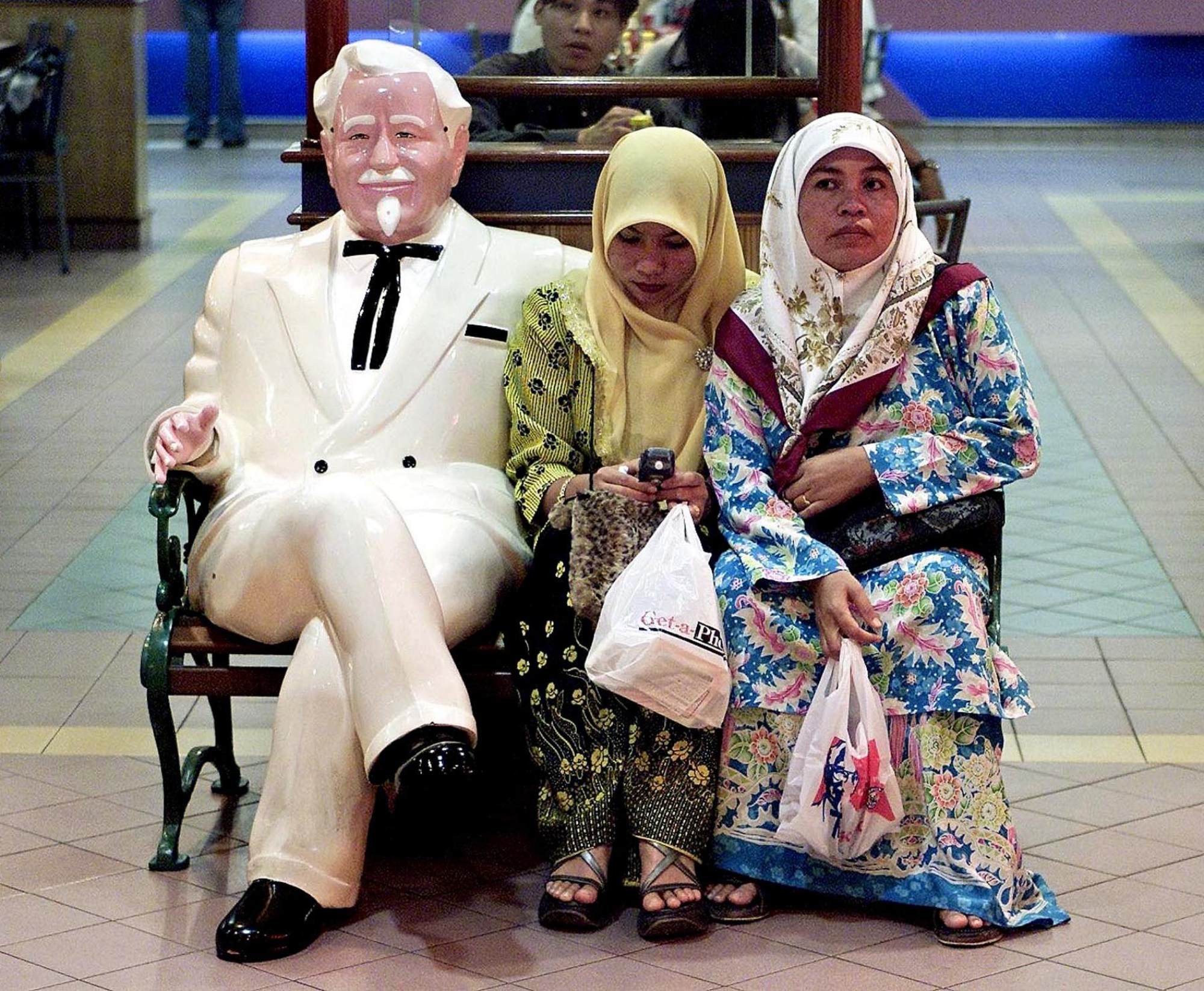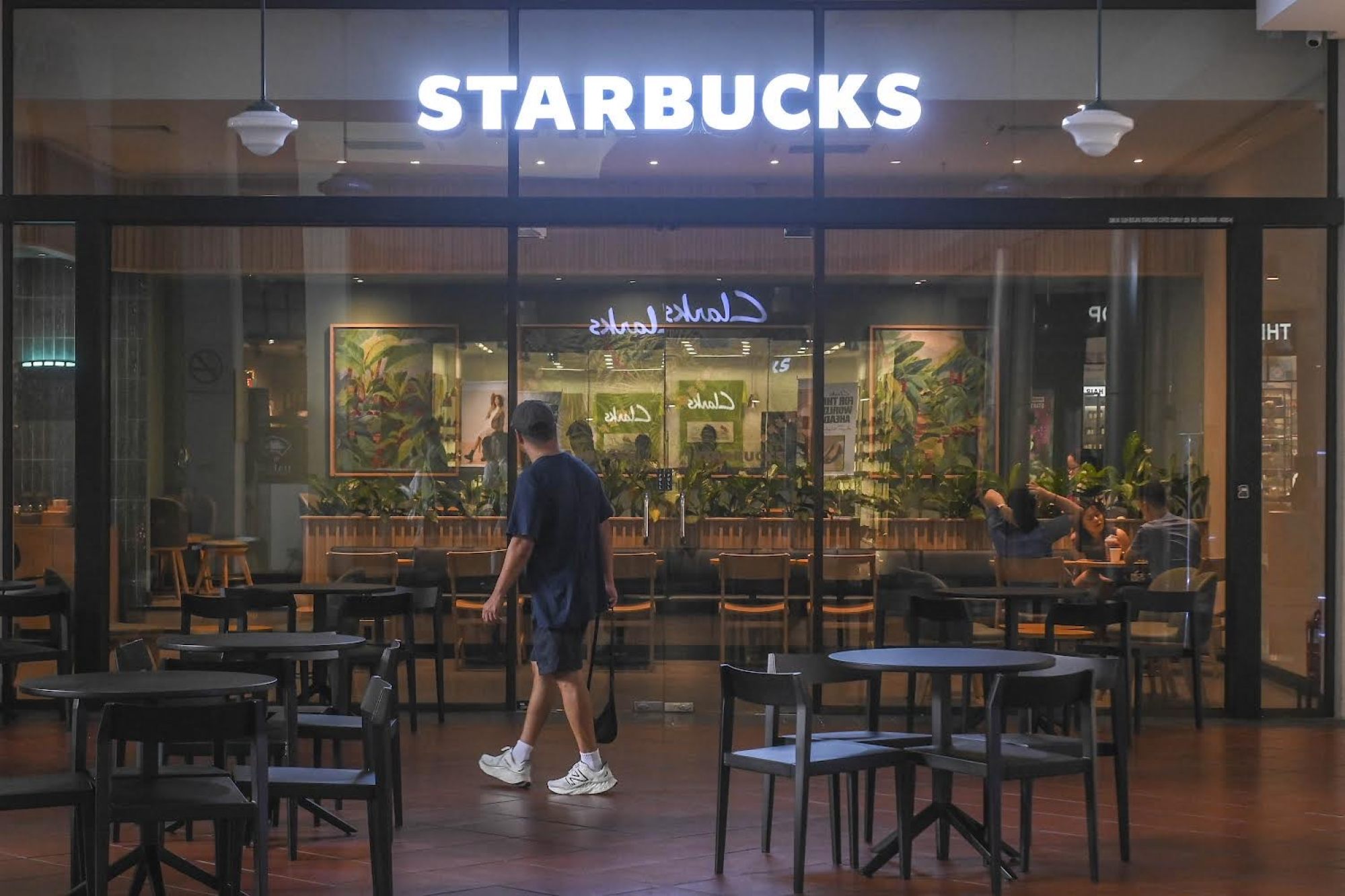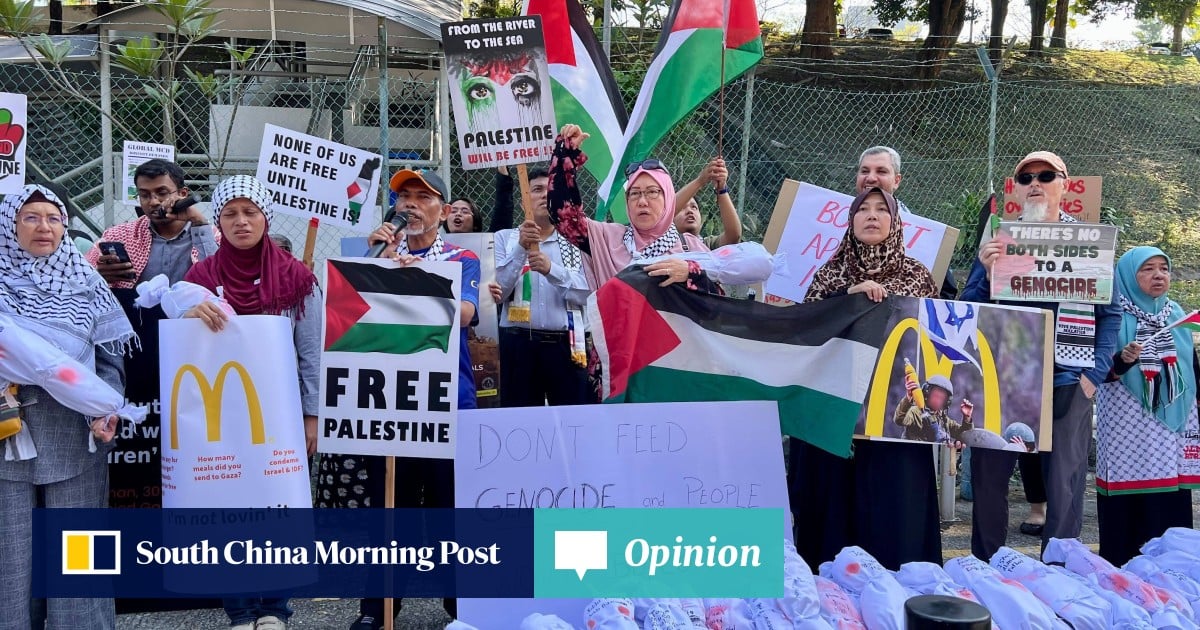
Outrage is an effective motivator.
The premise of the movement is simple – hit them where it hurts the most, which in the case of companies would be their bottom lines.
All three brands have some things in common. They have been operating in Malaysia for decades and until recently were household names that were much loved by many Malaysians across class and racial lines.
More importantly; they are operated by wholly local franchise holders, with outlets staffed entirely by Malaysians who typically come from lower income families and also vulnerable groups like the disabled.
KFC, McDonald’s and Starbucks are all huge transnational companies operating across at least dozens of countries. While business arrangements may differ between jurisdictions, in Malaysia they sell the rights to local companies to run the business.
This means that beyond paying a franchise fee and adhering to quality control measures and brand representation, their Malaysian operations are essentially all Malaysian, from their supply chain to marketing and to some extent even product development.
While it is a consumer’s prerogative to shun a business based on their ethical convictions, it may end up missing the target.
In the case of the three American brands that have publicly declared that they have been hurt by the boycott in Malaysia, the ones bearing the losses are the local franchise holders.
But far from lamenting the financial pain that well-heeled company directors have had to endure, the boycott presents a far more critical issue facing those that these companies employ at their hundreds of outlets across Malaysia.

A check by This Week in Asia on Wednesday showed dozens of KFC Malaysia outlets across the peninsula were listed on Google Maps as temporarily closed. The firm said staff were offered the option to relocate to other branches.
But in many cases, store closures mean job losses, as these staff would very likely end up redundant from a business perspective.
Companies across the world are notoriously ruthless when it comes to trimming parts that weigh down profitability, and Malaysian firms are no different.
Alleged Israeli links aside, these companies routinely make contributions to their staff’s government mandated private retirement fund and insurance coverage, something that may not be covered if these workers end up in the gig economy.
In March, the Employees Provident Fund that manages the country’s largest private sector retirement fund, said only 60 per cent of the country’s 17 million workers have coverage.
On principle, it can be argued that the boycott serves a noble cause. But it raises the question – at what, and whose, cost?


